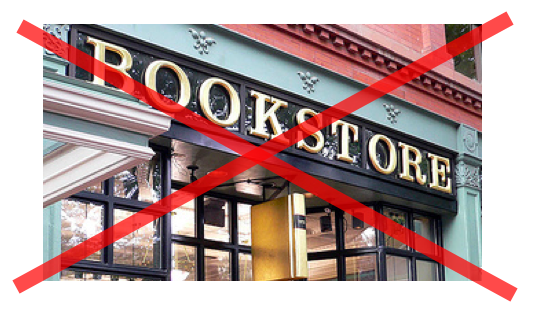OpenBeta: a publishing model.
Update: I’ve attempted to elaborate on the OpenBeta model here.
Image based on original CC BY-NC-SA imaginaryGirl
I want to write a book, but none of the traditional models really appeal to me. Seth Godin puts neatly the opportunities available in The magic of dynamic pricing:
When you produce a physical good like a book, it’s really hard to change the price over time, especially if there are retail stores involved. But changing the price on an electronic good is trivially easy.
So, for example, you could charge $24 for the Kindle edition for the first two weeks, then $15 for the next two weeks and then $9 for the year after that. Once it’s a backlist classic, it could cost $2…
…
Technology puts a lot more pressure on your imagination and creativity, even in pricing.
I think Godin has missed a trick here as there’s no reason why dynamic pricing can’t be used for physical media as well. Taking the Software release cycle as inspiration and Lulu.com as a method I’d like to expand on the idea of creating an Unbook as understood by Dave Gray. Dave’s creating a book called Marks and Meaning and releasing it as one would with software. As I write this post it’s up to version 0.5.
Whilst I admire the Unbook model, it’s not what I want to use in 2010. Why?
- An unbook is never finished (but I want mine to reach version 1.0 and then be ‘complete’)
- An unbook is a community product (whilst I respect the views of my readers, I want to be the author)
So I’m going to call the model OpenBeta. Here’s how it works:
I’ll be releasing v0.1 of my upcoming OpenBeta book early in 2010. Want to give it a go yourself? Feel free to use the logo:
(click through to larger sizes on Flickr)





A laudable idea Doug – good luck. It got me thinking one thing though – where on Earth do you find the time!?
Like this idea. I wonder if it could be applied to making resources for schools in terms of subjects?
I think it could be applied to *anything* – take it and run with it! :-)
So, would this be like a serial novel, with you sending out each section to paying customers as a hard copy? Do they pay for each section or a flat up front fee? What happens when you need to revise the novel? And, bear with me, why a hard copy? eBooks are easier to access and, even if you don’t have a Kindle, you can download the software to read the ebooks anyway.
That being said, I think its an interesting idea. I already follow your blog and I hope to see updates on this topic often!
Best~
April
Hi April, thanks for the questions.
Each version of the book gets closer to the full version (v1.0).
People pay for the ideas separately from the delivery method. The
earlier you pay for the ideas the cheaper it is.
All will become clear when I start publishing my first book this way
(soon!)